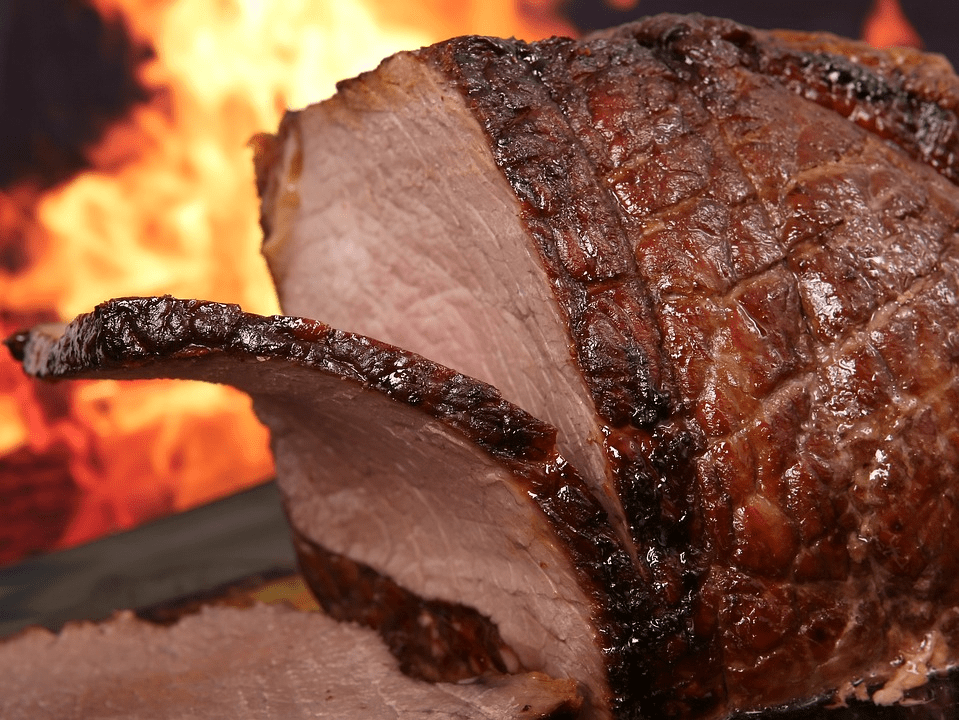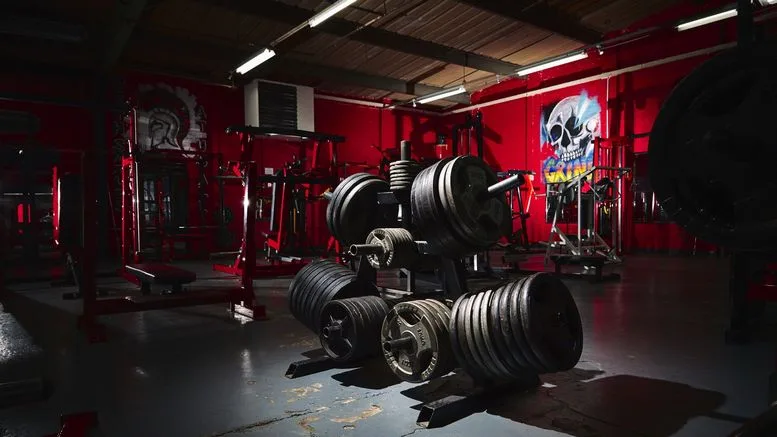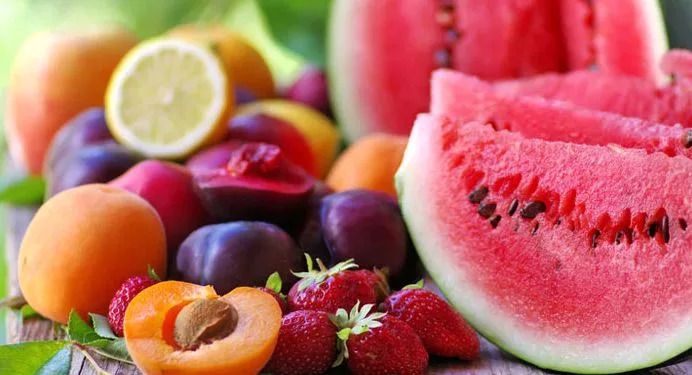Workouts and recovery require energy and more nutrients. Proteins help the body to grow muscles, repair tissues, and create hormones and enzymes. But which source of proteins is the best? People will swear by plant-based sources, citing the benefits of a vegan diet, while others will stick with animal proteins.
But is there one solution for everything? All proteins contain amino acids essential to the body. But why the distinction? Understanding the components and differences between both protein sources simplifies the debate and clears the air.
This article will not handle every detail of this complex topic. Instead, it will explain five benefits animal proteins offer to power up your workouts and recovery. This guide helps you understand why animal protein is beneficial and should be part of your daily diet.
1. Animal Products Have High Protein Content

Muscle growth and strength depend mainly on the quality and quantity of proteins consumed. The performance will vary according to available carbs and fats in the diet. However, more sugars and lipids do not mean better workout progress without muscles. Your intake must include more complete proteins.
Animal protein sources, such as fish and chicken that are fed high-grade animal nutrition food, provide the highest quality of proteins than other dietary options. Plant-based diets lack the essential amino acids that animal proteins contain in higher amounts. Consuming these complete proteins ensures a better workout routine and recovery process. Also, animal proteins are more abundant and easy to find.
People depending on plant-based proteins may not reach the same muscle growth and recovery levels as those consuming animal proteins with a proper balance. It is easy to consume more other nutrients while trying to balance the amino acid intake.
2. Digestion and Absorption are Easier
The body cannot use the nutrients if they do not break down for absorption. Digestion is essential, but it can become complicated when consuming plant proteins. Amino acids help to break down foods to release their nutrients for absorption. Animal proteins are easier to digest and absorb. That is because of more essential amino acids than plant-based ones.
Fiber is essential in every diet providing digestion and bowel movements. But it can still cause issues when consumed excessively. Plant proteins, such as legumes, contain high levels of fiber. That can interfere with digestion when taken with other fiber sources. Milk, eggs, meat, and fish are excellent protein sources without fiber.
It is not a rule to give up on dietary fiber. But it is essential to balance the intake since you also consume other food types – like fruits and vegetables for vitamins, minerals, and antioxidants. An easy solution would be to include animal proteins in your meals.
3. Meat Itself Is a Balanced Diet

Can humans live on beef alone? Not for long. But a balanced diet does not require detours and extra steps to meet the nutritional requirements. Meat is a complete meal. Think of its proteins, fats, vitamins, and minerals.
The most significant benefit of consuming animal proteins is their nutrient content. For instance, the Vitamin B complex is only available in animal-based proteins. Minerals like iron and zinc are also present in beef and chicken but not in plant-based diets. You would only lack Vitamin C and fiber when solely living on beef.
However, you must supplement the diet with cereals, vegetables, and fruits. That helps you gain other essential nutrients. Also, consume whole grains, legumes, and nuts for dietary fiber. Maintain a healthy balance of the different food groups to avoid deficiencies and health issues.
4. Source of Omega-3
Omega acids are part of the nutrients the body cannot make. However, they are vital for heart health, countering depression, and improving brain function. Omega-3 fatty acids are rarely available in plants, like in animals. Fish contains the highest amount of-3, but beef and eggs also provide a good amount of these essential fats.
Eating animal proteins ensures your body gets enough essential fats for proper functioning. Add seafood and eggs to your diet – with moderate intakes of red meat – to get a balance of fatty acids. Also, consider how various sources can complement each other to avoid taking excess other nutrients.
Bodybuilders need more omega-3 fatty acids for muscle growth and development. It helps to alleviate muscle sores, increases strength, and reduces recovery time. Animal proteins are the primary source of these fatty acids, so their inclusion in your meals is essential to reach maximum performance.
5. Ideal for Weight Management

Gaining weight – read fat – while exercising, training, and bodybuilding is the worst nightmare athletes must counter. It is not uncommon that people add on that extra layer of fat while trying to reduce it with extensive workouts and extreme dieting. The problem is in the food you eat – source and quantity.
Bodybuilders need more protein and carb intake to accelerate muscle growth. That also boosts strength to enable them to exercise adequately. Plant proteins have more carbs than proteins. You must eat more of them to get enough proteins and promote muscle growth. Animal sources have a higher protein content with fewer carbs and are more suitable for weight management.
Another reason animal protein sources help with weight management is that they have a higher iron content than plants. And its consumption rate is higher. Iron is vital for the production of red blood cells and oxygen transportation. It is also essential for muscle contraction and energy metabolism. You will have more energy to burn fat and build muscle when you consume enough iron.
Conclusion
Animal proteins help in bodybuilding goals, weight management, and overall health. They supply vital macronutrients and micronutrients you cannot find in plants. They also provide fatty acids, minerals, vitamins, and proteins necessary for your health and bodybuilding goals. However, balance them with other food groups for a nutritious diet. Everything boils down to eating enough proteins, exercising regularly and smartly, and living a healthy lifestyle.







